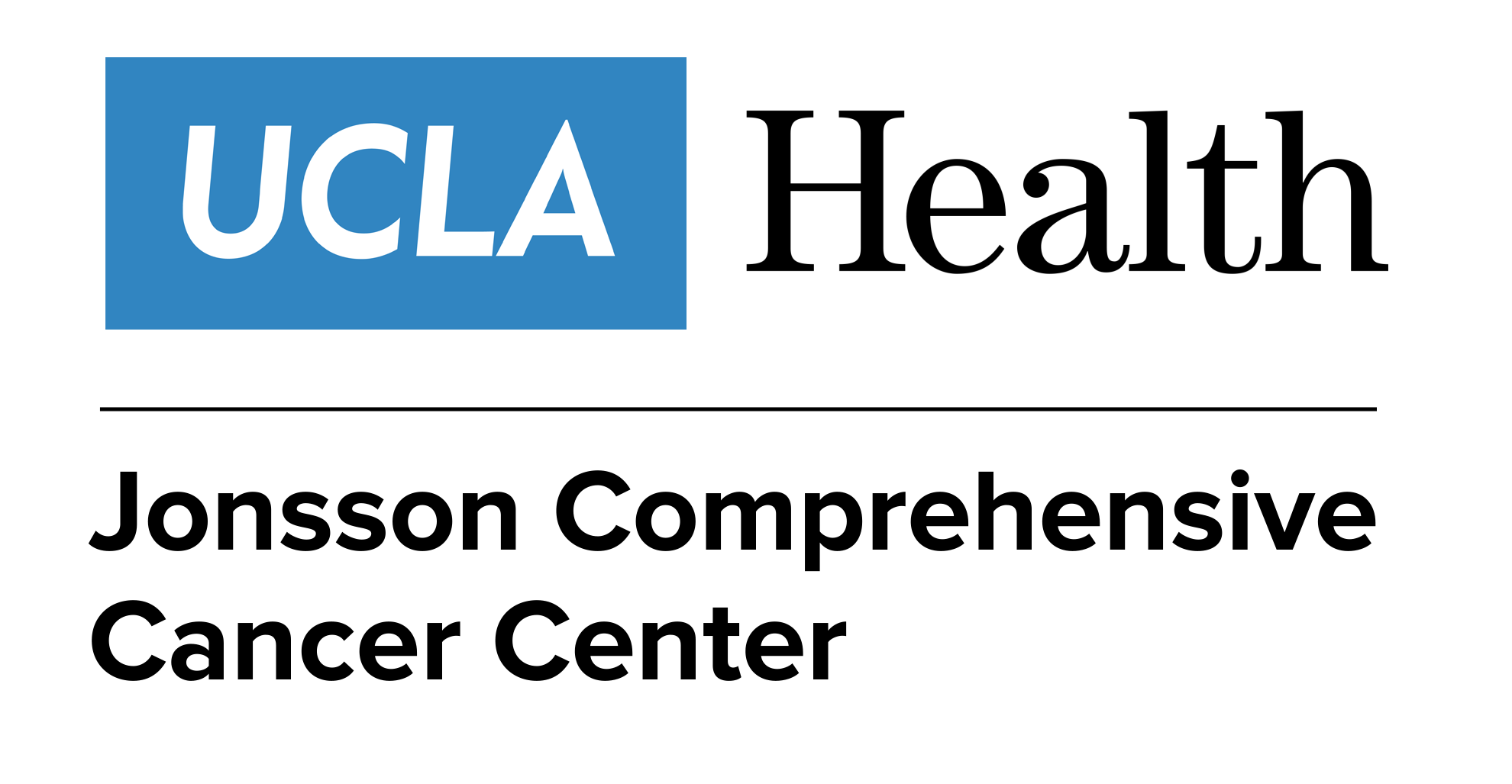- Advertise
- About OncLive
- Editorial Board
- MJH Life Sciences brands
- Contact Us
- Privacy
- Terms & Conditions
- Do Not Sell My Information
2 Clarke Drive
Suite 100
Cranbury, NJ 08512
© 2025 MJH Life Sciences™ and OncLive - Clinical Oncology News, Cancer Expert Insights. All rights reserved.
Dr. Hurvitz on the Evolution of Treatment in Metastatic HER2+ Breast Cancer
Sara A. Hurvitz, MD, associate professor at the David Geffen School of Medicine, University of California, Los Angeles (UCLA) medical director of the Jonsson Comprehensive Cancer Center Clinical Research Unit, co-director of the Santa Monica-UCLA Outpatient Oncology Practices, and director, Breast Cancer Clinical Trials Program, UCLA, discusses the evolution of treatment in metastatic HER2-positive breast cancer.
Sara A. Hurvitz, MD, associate professor at the David Geffen School of Medicine, University of California, Los Angeles (UCLA) medical director of the Jonsson Comprehensive Cancer Center Clinical Research Unit, co-director of the Santa Monica-UCLA Outpatient Oncology Practices, and director, Breast Cancer Clinical Trials Program, UCLA, discusses the evolution of treatment in metastatic HER2-positive breast cancer.
The treatment of patients with metastatic HER2-positive breast cancer has changed dramatically over the past decade, says Hurvitz. The development of novel agents has led to prolonged survival in patients, starting with the addition of pertuzumab (Perjeta) to trastuzumab (Herceptin) and taxane chemotherapy in the first-line metastatic setting, adds Hurvitz. In the phase III CLEOPATRA trial, the addition of pertuzumab to trastuzumab and docetaxel led to a 32% reduction in the risk of death in women with newly diagnosed metastatic disease.
Since the discovery of the HER2 gene, several additional HER2-targeted therapies have been developed, including selective TKIs like tucatinib and novel antibody-drug conjugates like ado-trastuzumab emtansine (T-DM1; Kadcyla) and fam-trastuzumab deruxtecan-nxki (Enhertu; DS-8201), concludes Hurvitz.
Related Content:





